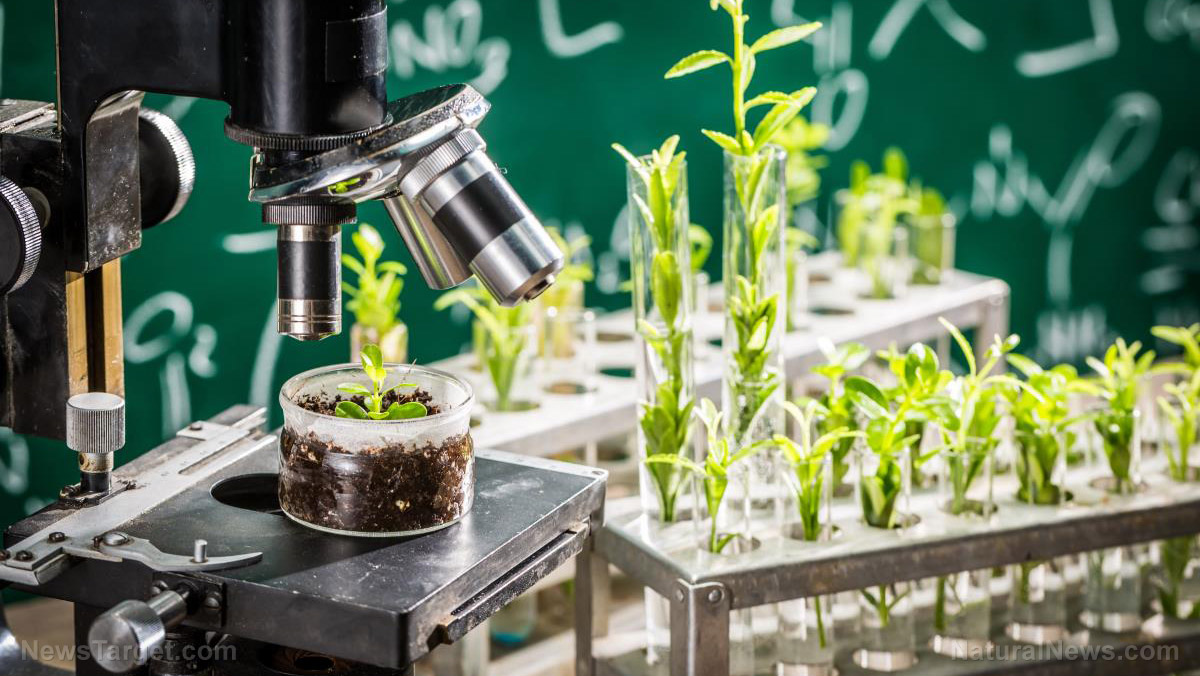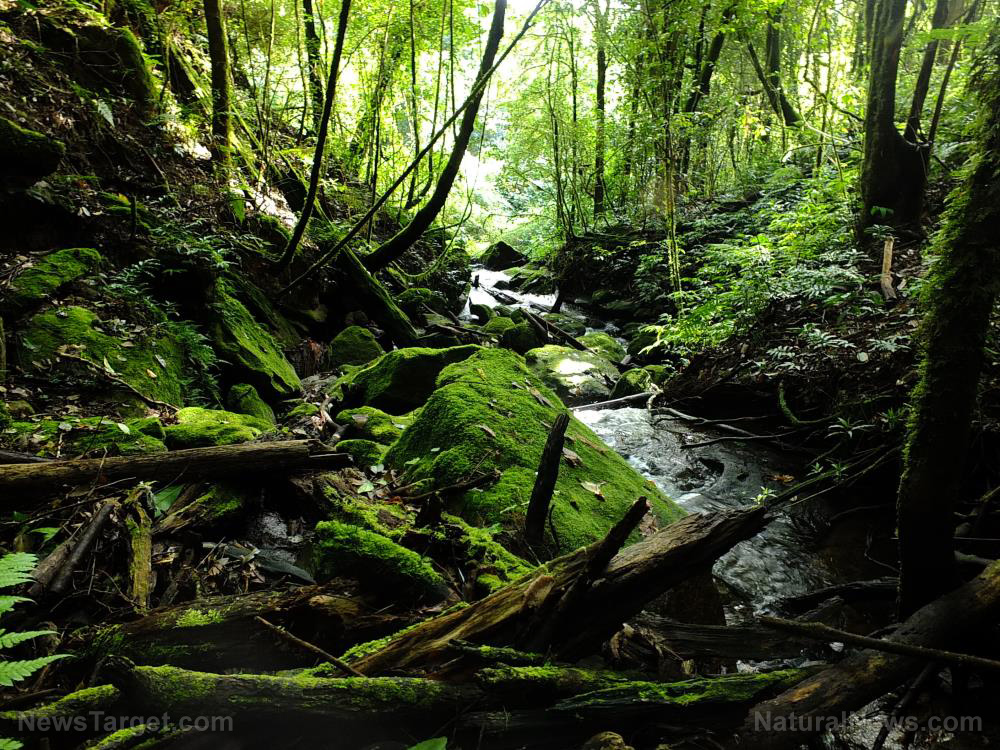
It's a known fact that a plant lets its roots grow somewhat freely in the soil underneath it in order to gather the necessary nutrients to grow and survive. Some plants may only have shallow roots but others can let them run deeper than what you might expect. It's the one thing that most, if not all, plants have in common.
The joint research team at INRA and CNRS managed to discover a built-in mechanism in plants for adjusting their water status and growth based on different soil flooding conditions. This research could lead to a better understanding of the nature of all plant roots as well as better crop flood tolerance plans.
How plants utilize roots
Due to the fact that roots are extremely common among plants, scientists and experts have amassed a great deal of knowledge and information on them. In one research, it was found that plant roots actually grow in a similar way to the neurons in a human brain.
The primary reason why roots move and tend to branch out underground is because they are being used to search for water and nutrients that are then used to make plants grow. This activity, of course, requires the use of energy on the plant's part, and causes a high respiration rate in the roots. This process becomes disrupted when soil gets flooded. The research shows that plants are actually able to detect not just water but potassium levels, too.
How the research was performed
The research was conducted by using different lines of Arabidopsis thaliana, otherwise known as thale cress, a small flowering plant native to Eurasia. By examining it, the researchers were able to find a gene that manages root water permeability and reacts to both oxygen and potassium levels in the soil. The gene, named HCR1, is the primary trigger for an entire series of so-called metabolic "survival" reactions that help plant resilience. But its primary role appears to be to reduce water entry into the roots when oxygen levels are low but potassium levels are high.
This means that the soil is, in fact, healthy and good enough to sustain a plant because it's rich in potassium, but somehow lacking in oxygen. And that tells the plant that there's probably a flood occurring at that moment. As soon as the oxygen levels in the soil rise again, the gene readjusts, the plant rehydrates its leaves and proceeds to start growing again at the same rate or more.
From a scientific point of view, the findings of this research are fundamentally important to the overall study of plants in nature. At the same time, the study is also important for opening new avenues for agronomy and helping plant breeders to better prepare for plant water use and root performance. It's a given that out in the wild, plants are actually exposed to more than just one stress source, so it's always a good basis for any man-made farm or forest plans. The research here will surely aid in improving many future plant generations.
Read more about plants at Phytonutrients.news.
Sources include:
Please contact us for more information.























